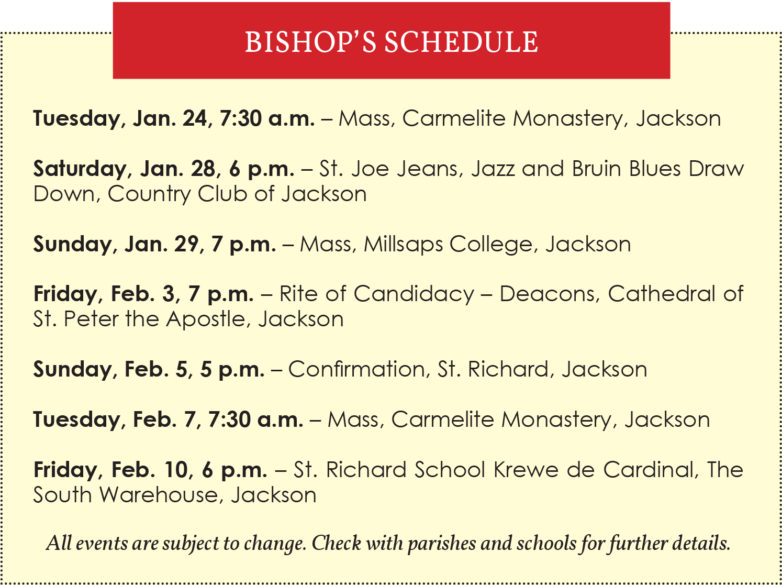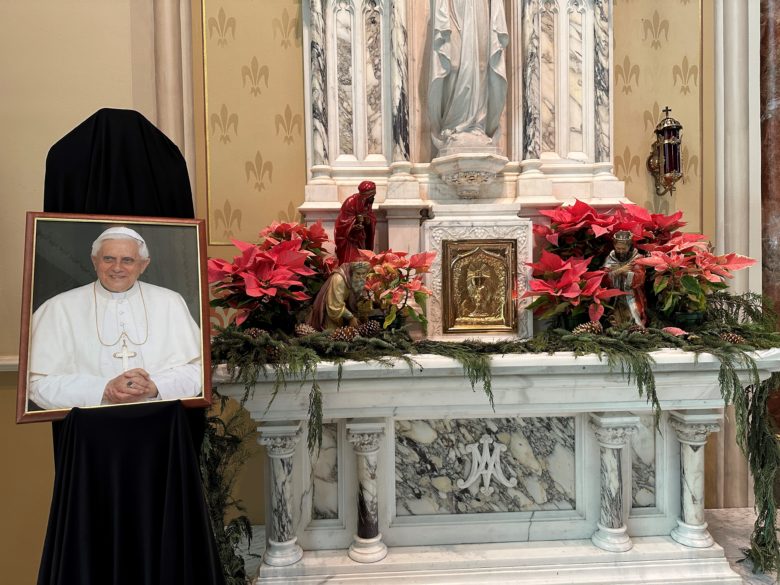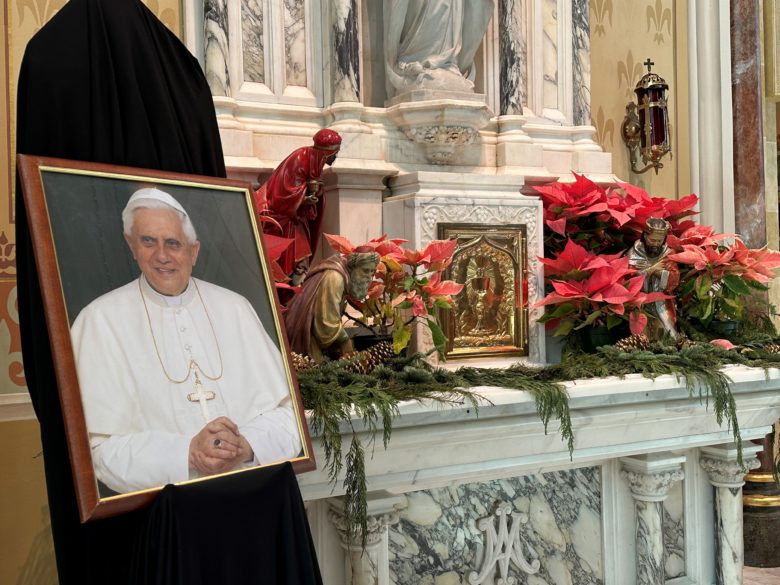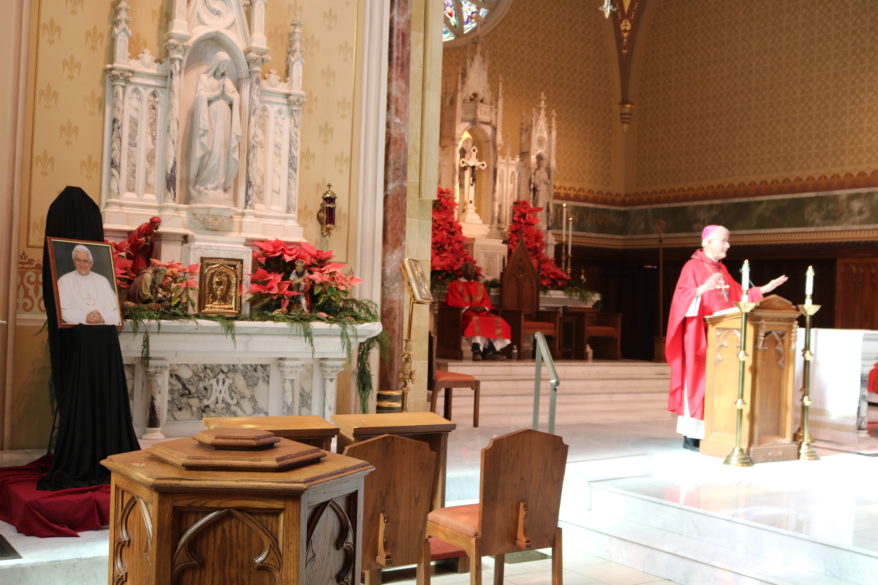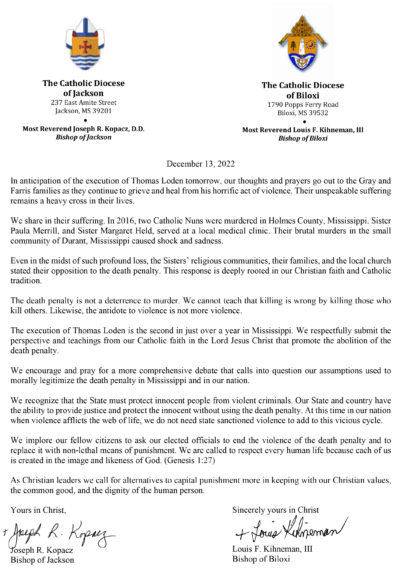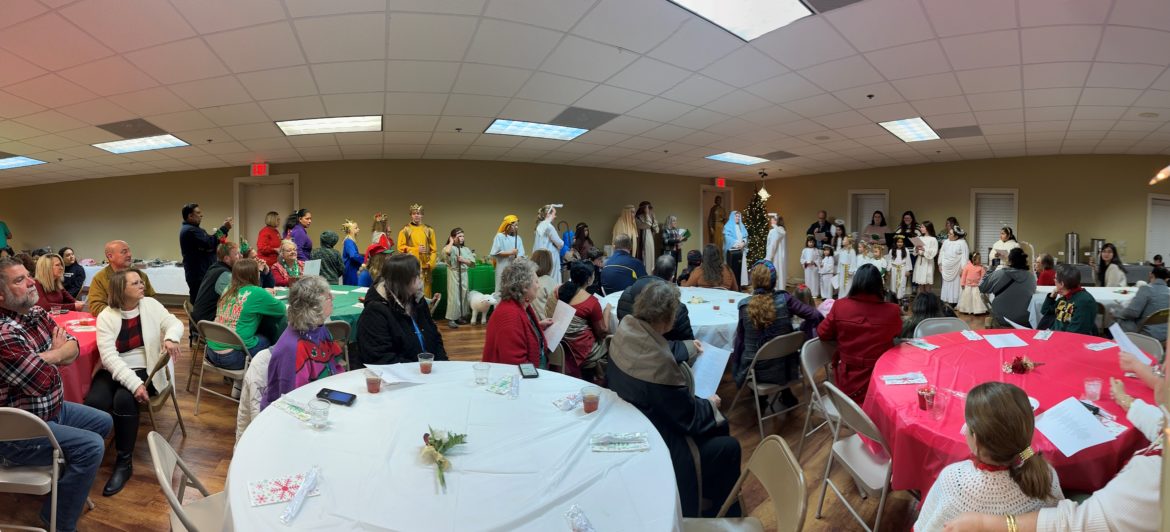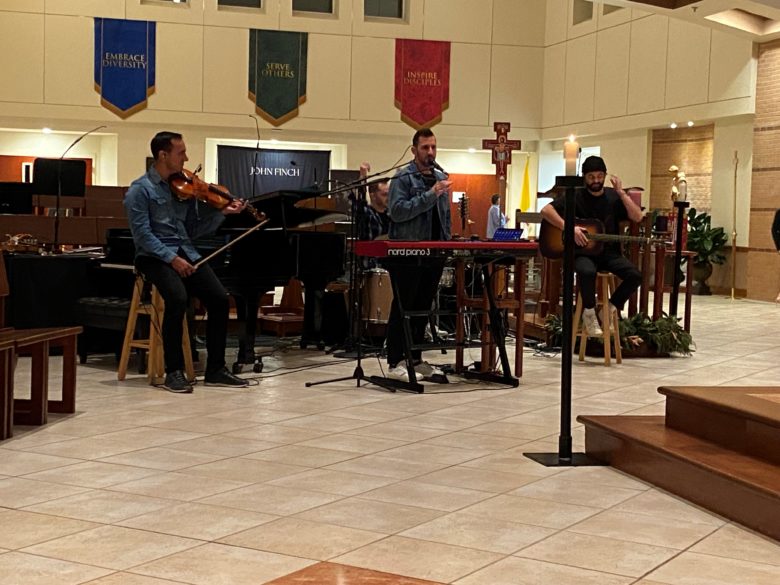By Bishop Joseph R. Kopacz, D.D.
So, what’s new with the Synod on Synodality? Toward the end of 2021 Pope Francis had directed the church throughout the world to engage in the process we have come to know as the Synod.
Throughout 2022 each (arch)diocese, in one arrangement or another, responded to the pope’s vision and directive, and launched the process under the gaze of the Holy Spirit, producing a synthesis of the People of God’s joys and hopes and wounds along with a profound desire for all of what Jesus desired for his church.

In turn, nearly 200 (arch)dioceses in the United States by region, like streams of water, combined to form a flowing river in the National Synthesis document that reflects the work of approximately 700,000 Catholics. This was the inspired work of 2022.
Currently, all countries have entered into the Continental Stage and the United States is partnered with Canada. The goal is that further prayer and dialogue will refine the voices of nearly one million Catholics in the North American neighbors. During January several representatives from the Diocese of Jackson took part in the Continental Stage. What is produced at this level will go on to Rome for additional dialogue and discernment in anticipation of Pope Francis’ written Apostolic Exhortation in 2024, the fruit of the worldwide Synod.
The Catholic Church in the United States and in Canada are at the center of “western culture” a reality that offers opportunities and challenges that vary significantly from other parts of the world. The links to each country’s National Synthesis are available for your edification to better appreciate the common themes with our neighbors to the north, and also the pronounced differences.
Canada’s overall population is significantly less than the United States and its Catholic population mirrors this reality. There is a large indigenous population in western Canada, and Pope Francis modeled the spirit of Synodality when he visited last year to be with those so unjustly treated in their boarding schools, in order to listen, to pray, to honor their culture and to express his and the church’s sorrow over the pain that still afflicts the people.
On the other hand, the Province of Quebec in the East is extremely secular and “there is a desire for urgent change in order to regain – or preserve – what remains of the church’s relevance and mission.”
To one degree or another the Catholic Church in each country is responding to the promptings of the Holy Spirit to gather in prayer, discernment and respectful dialogue in order to see, to value the things that truly matter and to serve with the mind and heart of Jesus Christ.
The Synodal path has revealed the common ground between each of our countries. As Pope Francis modeled in Canada among the Indigenous, there was a high premium in both National Syntheses placed on the virtue of listening. At the core of being a welcoming church is a listening heart that takes a long and loving look at what is real.
“The value of simply listening is a clear message of the Synod process. People must be able to speak honestly on even the most controversial topics without fear of rejection. We must be open to new ideas and new ways of doing thing, even as we remain faithful to the church’s tradition. Faith formation can help us develop greater understanding and grow in trusting the Holy Spirit who is at work in every place and time.” (U.S. Synthesis)
Replete throughout the National Syntheses is the call for the church to fulfill the promise of Jesus for life in abundance. There ought to be far greater collaboration between the ordained and the laity in order to continue to build a culture of trust and transparency between the church’s leadership and the faithful. Reconciling the wounds of the past, reaching out to the alienated, accompanying those on the margins of society, and heeding the call to repentance and conversion demonstrate that the Kingdom of God is in our midst.
“As Pope Francis frequently reminds us, Synodality is not a one-time event, but an invitation to an ongoing style of church life. We have taken the first steps of this path, and we have learned much; we have more to learn and more to do as witnesses of Christ Jesus in our time.” (Intro, U.S. Synthesis)
Editor’s Note: For the Diocese Synod Synthesis, U.S. National Synod Synthesis and document on the Continental Stage of the Synod, visit www.jacksondiocese.org/synod.


